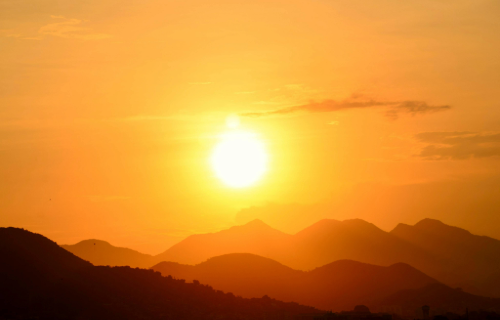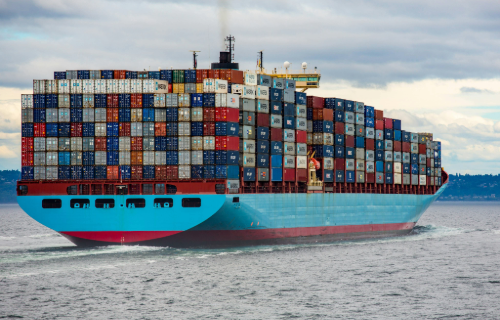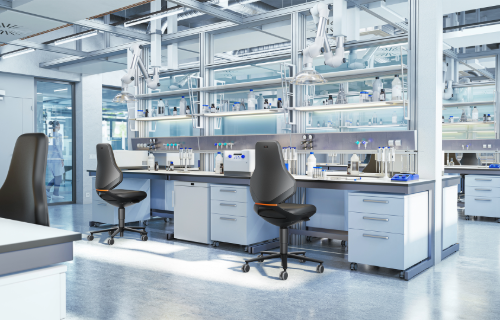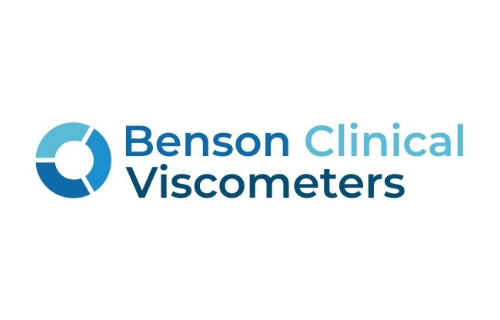Humidity has worsened over decades, making heat waves more dangerous and harder for our bodies to handle.
You’re not imagining it—humidity really has increased over the past 40 years. Recently, much of the midwestern and eastern U.S. has been trapped under a “heat dome,” a weather pattern where high pressure locks in record temperatures and high humidity for days.
Experts warn this combination raises the risk of heat-related illnesses like heat exhaustion and heat stroke.
But what exactly causes humidity, and why does it make us feel so much hotter?
Humidity happens when water evaporates into the air. In summer, warmer temperatures cause more water to evaporate from lakes, rivers, and soil. This moisture fills the air and creates humidity. Areas with more surface water—like the eastern U.S.—naturally experience higher humidity. Weather patterns from the Gulf of Mexico also bring extra moisture into these regions.
Humidity feels oppressive because it interferes with your body’s natural cooling system. When you get hot, your brain tells sweat glands to release sweat, which cools your skin as it evaporates. But when the air is already full of moisture, sweat evaporates more slowly, making it harder to cool down.
High heat combined with humidity is dangerous—temperatures as low as 88°F can cause heat stress if humidity is very high. Symptoms include fatigue, nausea, and dizziness.
Is humidity really getting worse? Yes. Warmer air holds more moisture, so as the climate warms, humidity rises. A February 2025 study found that humid heat waves have grown stronger over the last four decades, especially in the eastern U.S. Urban areas suffer even more, as concrete and asphalt trap heat overnight, giving little relief.
With heat and humidity on the rise, it’s crucial to have a heat action plan. Air conditioning helps but isn’t always enough. Stay hydrated, use fans and ice packs to boost cooling, and consider cold showers for quick relief. Know where local cooling centers are in case of power outages or AC failures.
Heat risk affects everyone—not just the elderly or chronically ill. Younger people, especially those working outdoors, are also vulnerable. Check in on family, friends, and neighbors during extreme heat.
Read the full story here.











